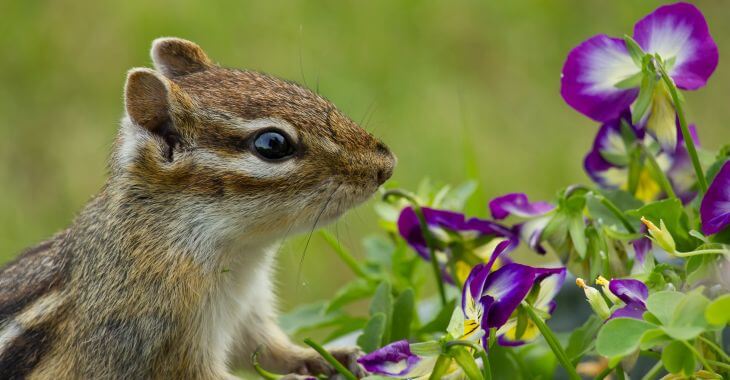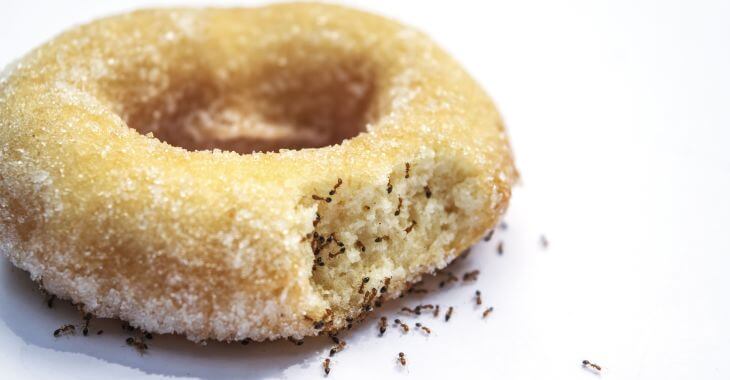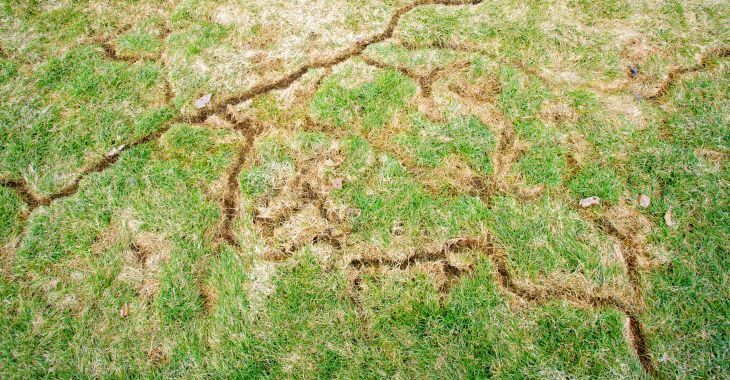What Is the Best Chinch Bug Treatment?
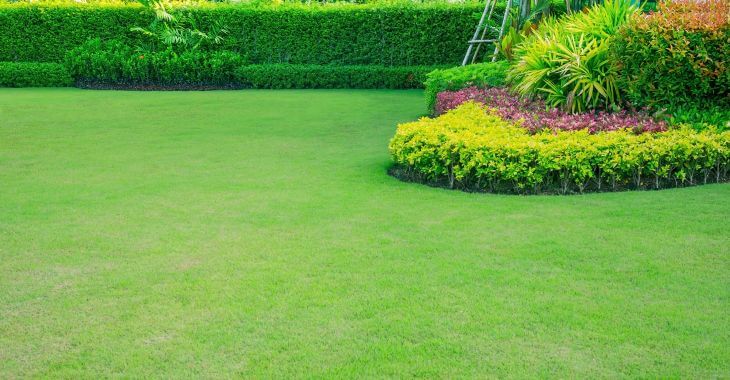
There are many different pests that can infest your lawn and cause trouble. From fungi to worms and beetles, there are many natural enemies to your lawn, including chinch bugs. Found in lawns all across the country, chinch bugs are notorious for causing patches of dead grass in lawns when this bug is allowed to flourish. What are the signs of a chinch bug infestation and what is the best chinch bug treatment? Here is what you need to know about chinch bugs and how to protect your lawn from damage from these insects.
What Is a Chinch Bug?
You may not have heard of a chinch bug, but they are more common than you think. These bugs are about ¼ inch in length and can be found in most climates. You do not hear much about these insects, as they are usually limited in numbers by other bugs that feed on them, but drought conditions can create an environment for them to flourish. When other bugs that feed on chinch bugs become scarce due to dry weather, these insects can multiply quickly and cause damage to your lawn.
You can look for chinch bugs in your grass. These small insects are usually dark red or black with white wings and a white spot on their back. The adults can lay eggs – a single female chinch bug can lay up to 300 eggs in optimal conditions. The eggs only take two weeks to hatch, so chinch bug populations can soar if other predatory bugs like lady bugs and ants are not present to naturally control their numbers.
Signs of Chinch Bug Infestations
Chinch bugs feed on grass by poking their pointy beaks into the blades and sucking out the grass juice. The dehydration of the grass blade and damage caused by the feeding will make the grass wilt and yellow. Signs of chinch bugs include patches of yellow grass that eventually turn brown and die. These insects will move throughout your yard, creating new patches of dying grass as their numbers increase.
While chinch bugs can feed on any type of grass, they are most common in yards with warm-season grasses. These can include fescue, Bermuda, zoysia and Kentucky bluegrass. During the driest months of the year, these bugs can flourish, damaging your grass and appearance of your lawn.
Effective Chinch Bug Treatment
The good news is that there are both chemical and natural chinch bug treatment options that are effective in controlling this lawn pest. If you have signs of chinch bug grass damage, you can use a chemical pesticide to kill the live bugs in your yard. Most turfgrass pesticides will kill chinch bugs, but they do not destroy the eggs. Pesticide will need to be reapplied over several weeks to kill new bugs as they hatch, or a time-released treatment should be used.
If you prefer not to use chemicals on your lawn, you can choose a natural option like diatomaceous earth to rid your lawn of chinch bugs. Diatomaceous earth, or DE, is made from fossils and looks like fine ash, but it is detrimental to many types of pests. DE particles are very sharp and cut into the exoskeleton of many bugs and also works to dehydrate insects or parasites. You can apply DE to your lawn, and it can kill chinch bugs in a few days. It may need to be reapplied to kill new bugs as they hatch.
To ensure your chinch bug treatment has worked, you can check your lawn for chinch bugs a week or two after treatment. Use a metal tube and push it into a section of a chinch bug yellow patch of lawn. Fill the tube with water and watch for chinch bugs to float to the top. If you only see dead bugs, your treatment has been effective – if there are still live bugs, reapply another treatment.
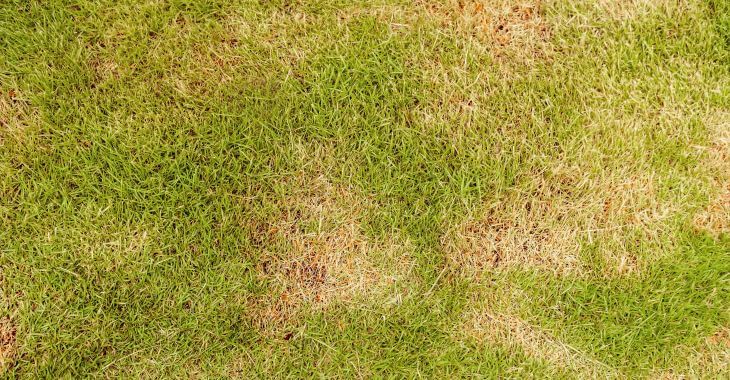
Prevention of Chinch Bugs
Like most lawn pests, one of the best ways to stop grass damage from chinch bugs is to provide excellent care for your lawn. A healthy lawn will provide a balanced environment for all types of insects, including those that will naturally control chinch bug population. Healthy grass can also withstand damage and maintain a thick, green appearance. Watering, proper mowing techniques, fertilizing, aerating and thatch removal all can create a healthier lawn for chinch bug infestation prevention.
Chinch bugs can be a nuisance, but with proper lawn care, you can prevent most grass damage from these pests. If you do experience lawn damage from these insects, chinch bug treatment can quickly rid your lawn of these grass-eating bugs. To keep your lawn healthy and protected from chinch bugs or other grass pests, talk to your local landscaper about lawn and grass treatments to maintain a beautiful yard.

